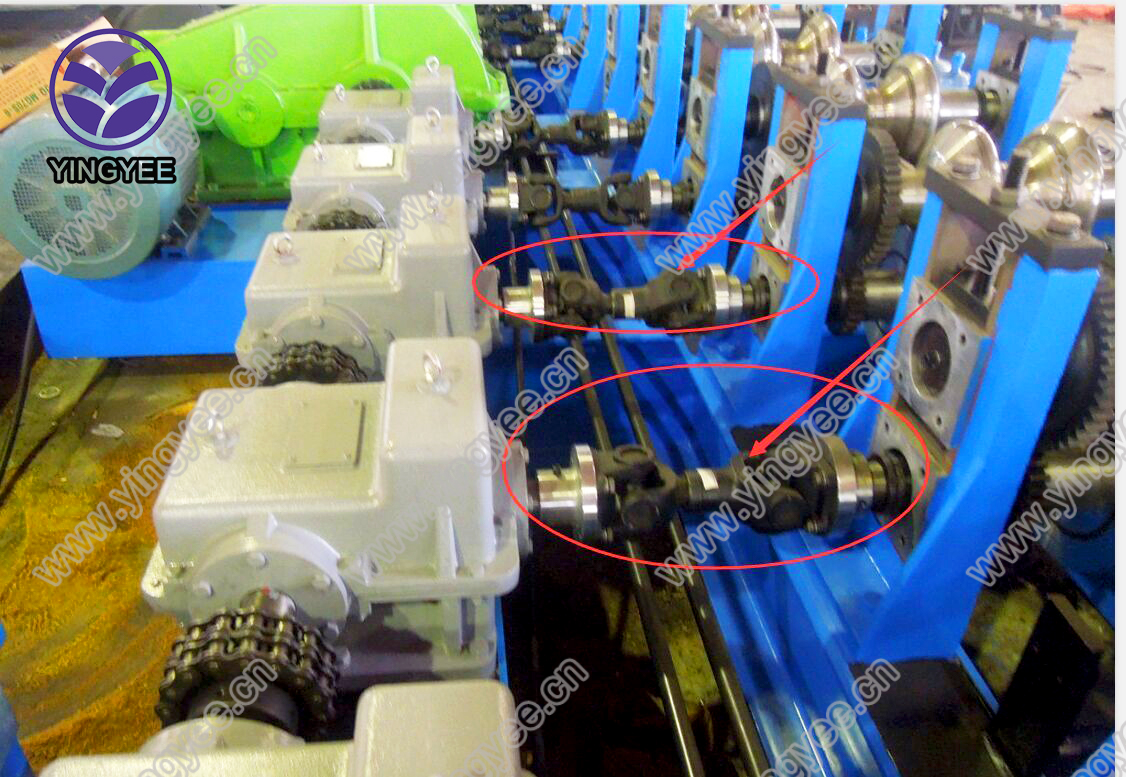
The Automatic Tube Mill Revolutionizing Tube Production
In today's fast-paced industrial landscape, efficiency and precision are paramount, especially in sectors that require high-quality tubing. The automatic tube mill stands as a testament to technological advancement, significantly transforming how tubes are produced. This article delves into the functionalities, advantages, and applications of automatic tube mills, highlighting their importance in modern manufacturing.
Understanding Automatic Tube Mills
An automatic tube mill is a sophisticated piece of machinery designed primarily for the production of tubes and pipes from various materials, including steel, aluminum, and stainless steel. This equipment can produce tubes in different dimensions and wall thicknesses while maintaining stringent tolerances. The process typically involves coil feeding, flattening, forming, welding, and finishing the tube.
The operation of an automatic tube mill is largely automated, reducing the need for manual intervention and thus increasing overall production efficiency. The equipment is equipped with advanced control systems that monitor and regulate the entire manufacturing process, ensuring consistent quality and output. With an automatic setup, manufacturers can streamline operations, minimize waste, and reduce labor costs.
Advantages of Automatic Tube Mills
1. Increased Efficiency Automatic tube mills are designed to enhance productivity. With the ability to operate continuously, these mills can produce large volumes of tubes in a shorter timeframe compared to traditional methods.
2. High Precision The automation in tube mills allows for precise control over the manufacturing process. Advanced sensors and feedback systems ensure that every tube meets specified dimensions and quality standards, reducing the likelihood of defects.

3. Cost-Effectiveness While the initial investment in automatic tube mills may be significant, the long-term savings are considerable. Reduced labor costs, minimal waste, and high production efficiency contribute to a lower cost per unit, making it a financially sound choice for manufacturers.
4. Versatility Automatic tube mills can be customized to produce a wide range of tube sizes, materials, and shapes. This versatility allows manufacturers to cater to a diverse array of industries, including automotive, construction, and aerospace.
5. Enhanced Safety Automation reduces human involvement in potentially hazardous manufacturing processes. This not only improves workplace safety but also helps to maintain a consistent production pace without the risks associated with manual labor.
Applications of Automatic Tube Mills
The applications of automatic tube mills span across various industries. In the automotive sector, tubes produced by these mills are used in exhaust systems, fuel lines, and structural components. The construction industry relies on automatic tube mills for producing scaffolding, railings, and other structural applications where strength and durability are crucial.
Moreover, the aerospace industry benefits from high-quality tubes for fuel systems and hydraulic applications, where precision and reliability are critical. Additionally, the energy sector uses tubes for oil and gas pipelines, emphasizing the importance of quality and integrity in manufacturing.
Conclusion
The automatic tube mill represents a significant evolution in tube manufacturing technology. Its ability to produce high-quality products efficiently and cost-effectively has made it an indispensable tool in various industries. As technology continues to advance, automatic tube mills will likely integrate even more innovative features, further enhancing their capabilities and applications. Embracing this technology offers manufacturers a competitive edge in a rapidly changing marketplace, paving the way for improved productivity and quality in tube production.